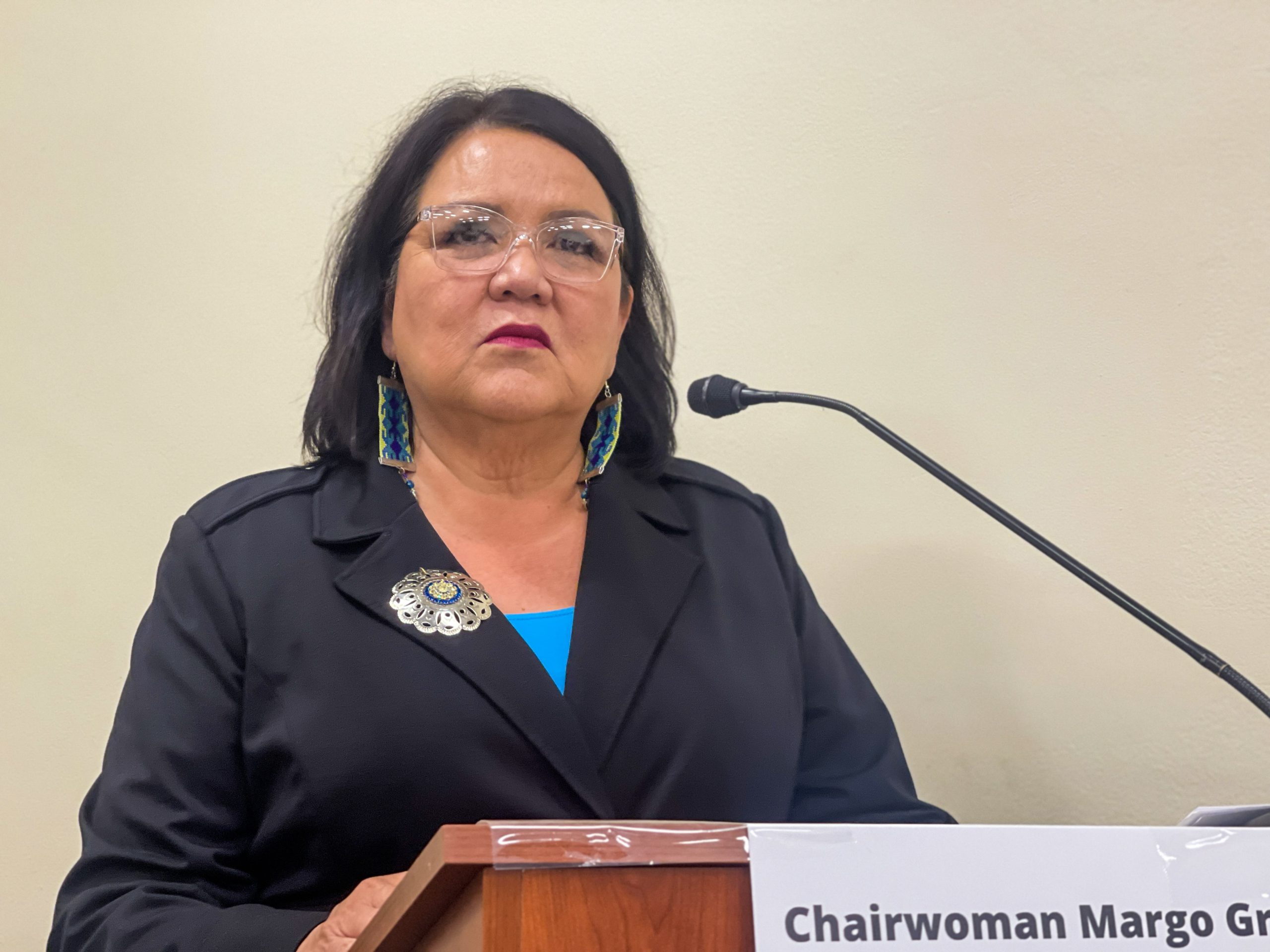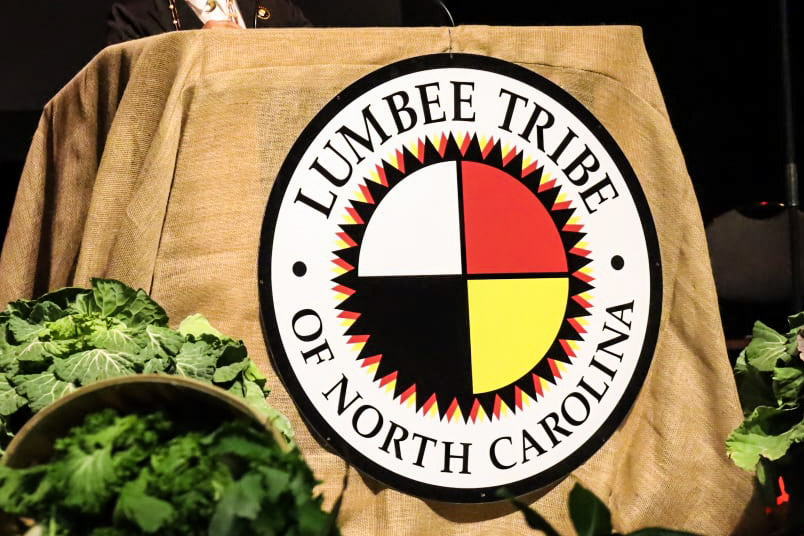Indianz.Com > News > Defense spending bill again a topic of hot interest in Indian Country
Defense spending bill again a topic of hot interest in Indian Country
Tuesday, December 6, 2022
Indianz.Com
WASHINGTON, D.C. — All eyes are on Capitol Hill as tribal leaders — and the rest of the nation — await the arrival of a highly-anticipated defense spending bill.
Indian Country isn’t normally interested in the National Defense Authorization Act. The bill, more commonly known as the NDAA, funds the U.S. military and related operations, usually to the tune of billions and billions of dollars.
But tribal leaders are paying close attention to the NDAA as the 117th Congress enters its final stretch. They are worried about the inclusion of provisions that would extend federal recognition to groups that they claim don’t meet the standards for a government-to-government relationship with the U.S.
“Tribal nations are going to see sovereignty reduced to ash if you have groups that claim to be the same as a sovereign,” said Chief Ben Barnes of the Shawnee Tribe. The Shawnees are among more than 140 Indian nations that are opposing the inclusion of tribal recognition provisions in the NDAA for fiscal year 2023. The broad coalition, which includes representation from every region of the United States, says the MOWA Band of Choctaw Indians, as well as the Lumbee Tribe, should not gain federal status through an act of Congress, much less one focused on military spending. “United Indian Nations is opposing MOWA and Lumbee for one simple reason: They want to bypass the process,” said Margo Gray, a citizen of the Osage Nation who serves as Chairwoman of the United Indian Nations of Oklahoma, which represents 39 tribes in the state once known as Indian Territory.“Bill text for the NDAA package is not ready yet”: Rep. James McGovern (D-Massachusetts) commits to taking up National Defense Authorization Act for Fiscal Year 2023 — but it's still in development.
— indianz.com (@indianz) December 5, 2022
Tribes are watching #NDAA closely for potential federal recognition provisions. pic.twitter.com/ImcAHa2Vof

Related Stories
Search
Filed Under
Tags
More Headlines
Native America Calling: A sample of Native Guitars Tour 2024
Native America Calling: How Native literature is changing the mainstream narrative
Native America Calling: No ordinary animal
Native America Calling: Safeguards on Artificial Intelligence
NAFOA: 5 Things You Need to Know this Week
Chuck Hoskin: Cherokee Nation takes the lead for our environment
Native America Calling: Earth Day assessment for Native peoples
Cronkite News: Gathering addresses ‘epidemic’ among Native people
VIDEO: Cody Desautel on tribes and federal forest management
AUDIO: Legislative Hearing on Discussion Draft of Forest Management Bill
Native America Calling: Remembering the 1974 Navajo border town murders
Native America Calling: Can the right approach close the Native immunization gap?
Cronkite News: Long COVID cases remain high in Arizona
Native America Calling: Eyes in the sky for development, public safety, and recreation
Native America Calling: Three new films offer diverse views of Native life
More Headlines
Native America Calling: How Native literature is changing the mainstream narrative
Native America Calling: No ordinary animal
Native America Calling: Safeguards on Artificial Intelligence
NAFOA: 5 Things You Need to Know this Week
Chuck Hoskin: Cherokee Nation takes the lead for our environment
Native America Calling: Earth Day assessment for Native peoples
Cronkite News: Gathering addresses ‘epidemic’ among Native people
VIDEO: Cody Desautel on tribes and federal forest management
AUDIO: Legislative Hearing on Discussion Draft of Forest Management Bill
Native America Calling: Remembering the 1974 Navajo border town murders
Native America Calling: Can the right approach close the Native immunization gap?
Cronkite News: Long COVID cases remain high in Arizona
Native America Calling: Eyes in the sky for development, public safety, and recreation
Native America Calling: Three new films offer diverse views of Native life
More Headlines
